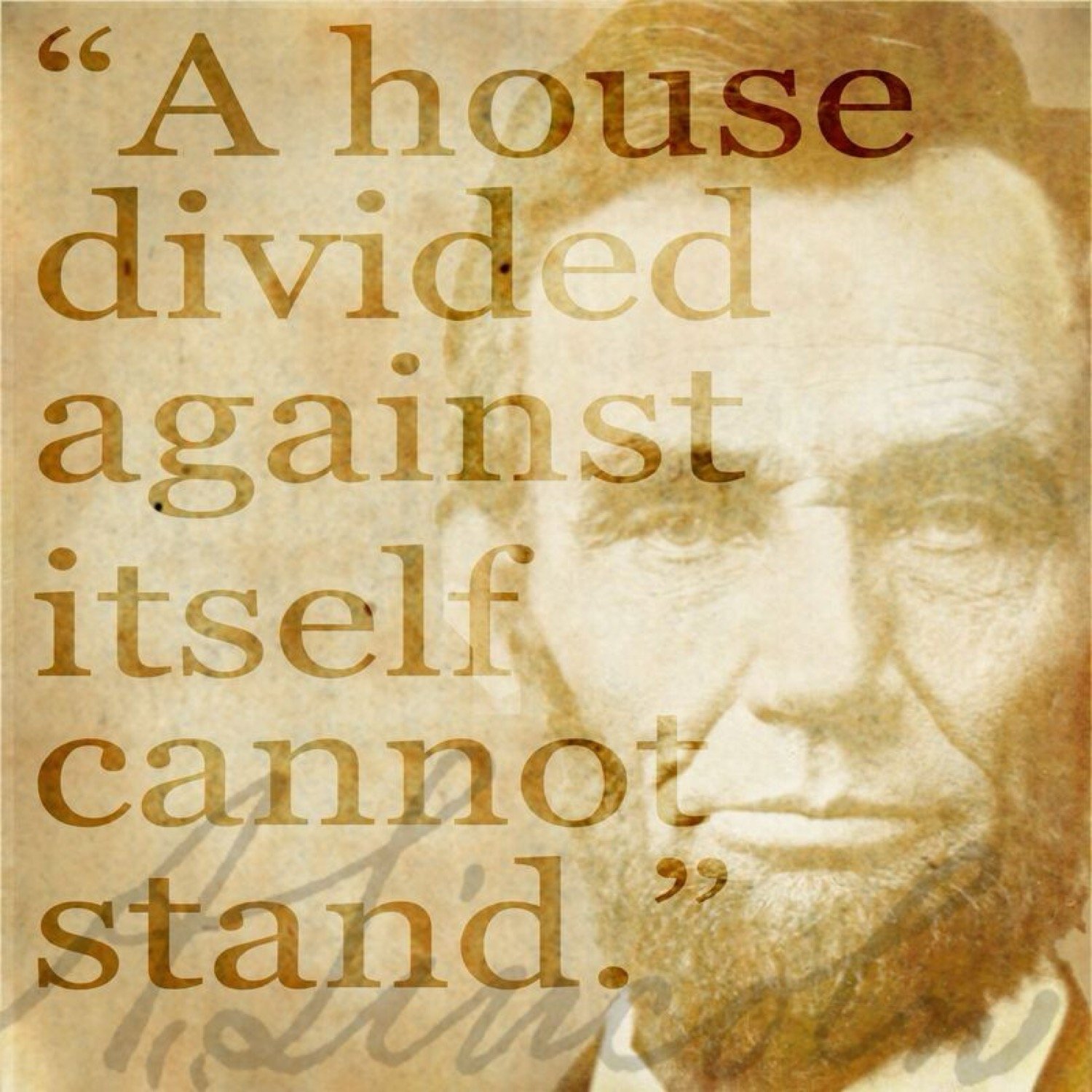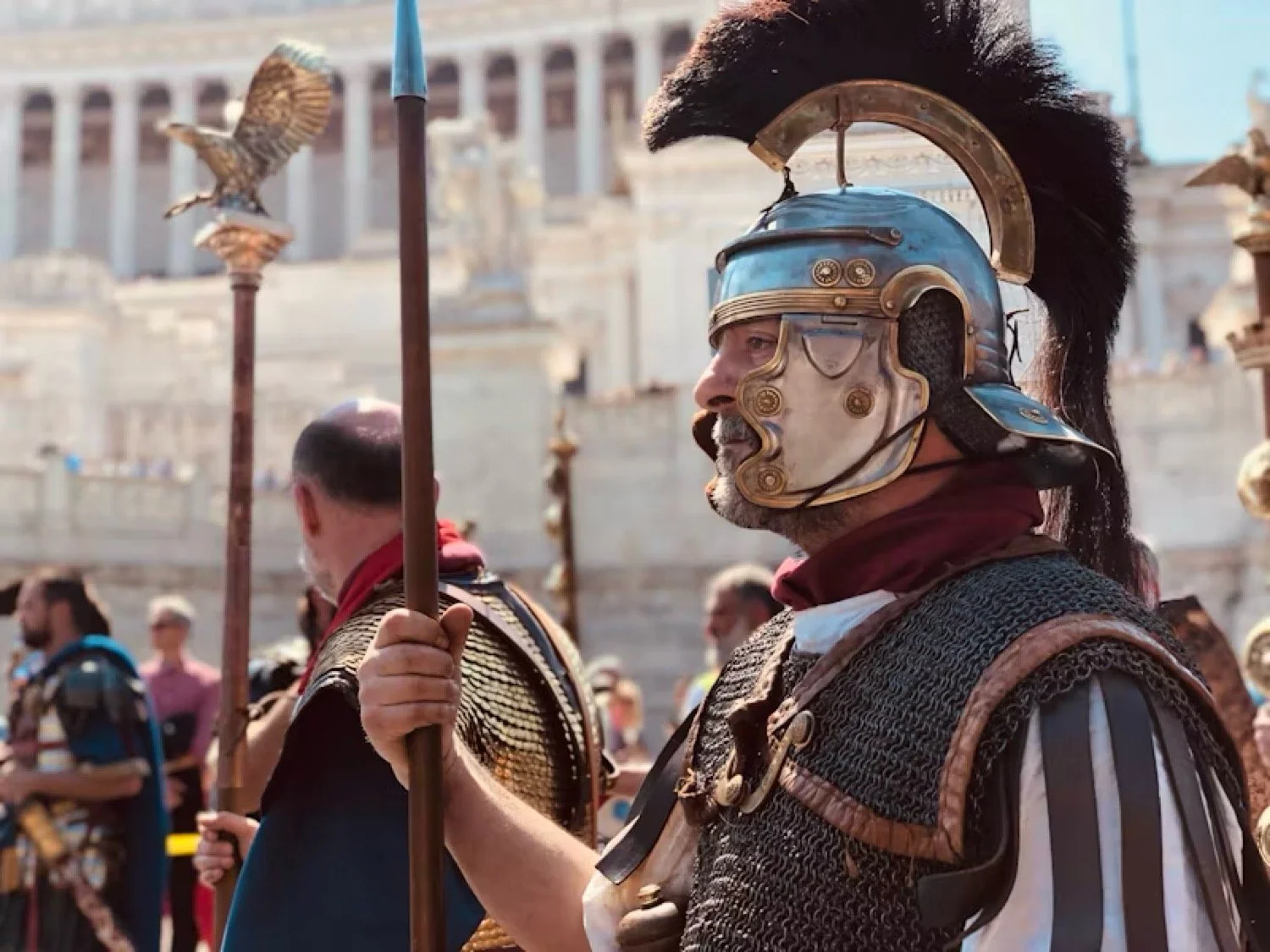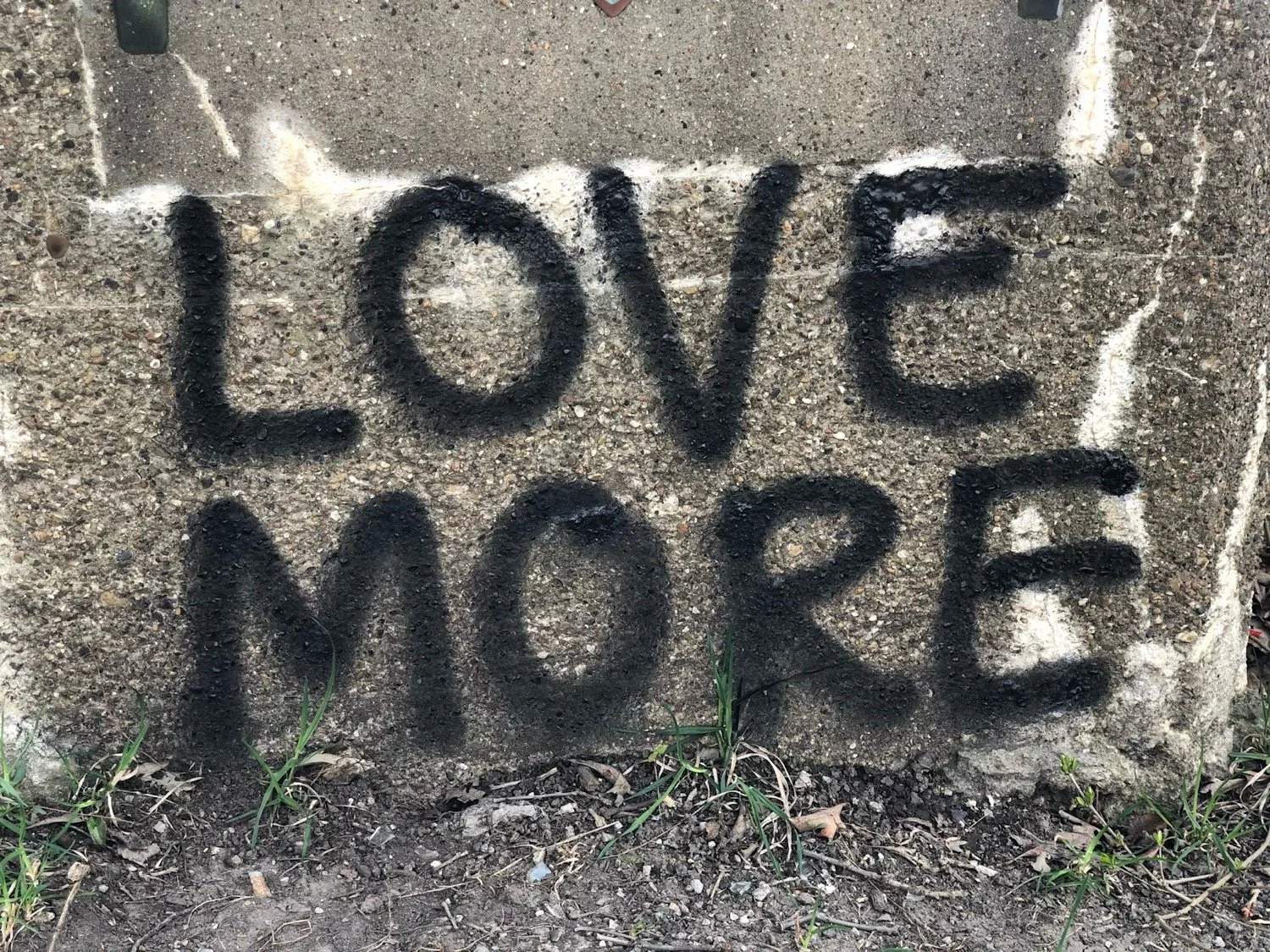Readings for today: Psalms 81, 88, 92, 93
Today I read something profound a friend posted on Facebook. “We are all in the same storm but we are not all in the same boat.” Those words resonated with me as I think about the number of friends I have facing starvation around the world. The friends I have living in difficult home situations which the quarantine has exacerbated. The friends I have who’ve lost jobs and livelihoods or loved ones during this challenging season. I think about the political leaders I’ve had the chance to interact with and the burdens they carry. The faith leaders I’ve talked to who feel paralyzed and overwhelmed by all the demands. There seems to be no bottom to this pit we find ourselves in. And this has led some of those I love into a deep crisis of faith.
Spiritual crisis is real, friends. It is deep. It is existential. It takes us to the end of ourselves and beyond. It is also quite normal. It is to be expected. It is something many followers of Christ have experienced. The consistent witness of God’s people throughout history testifies to the fact that there will be seasons when God seems so distant. When our lives seem so dark. When the light of Christ is hard to find. When the comfort of Christ seems long in coming. During such seasons, we feel overwhelmed by fear. Doubt. The cares and worries of this world press in on us. We feel trapped. Alone. Unable to be consoled.
St. John of the Cross, a 16th century Spanish Christian, famously coined the term, “The Dark Night of the Soul.” It refers to particular seasons in the Christian life where we feel stripped of God’s presence. It’s not true, of course. God is still very much present in our lives but we do not feel Him. We do not experience Him. We do not sense His tender mercies and affections. During such seasons, we feel a void. An absence. And it causes us to wrestle on a deep, foundational level with our faith.
I experienced such a season for 19 months while living in Sun Prairie, WI. The ministry I had been called to was failing. My relationship with those I was accountable to was a disaster. I was struggling daily with fear and doubt and depression. So consumed was I by my own needs, I neglected my wife and children. Things got so bad that my wife gave me an ultimatum. It was either her or the ministry. I was at the end of my rope. I resigned. No idea what was next. No idea how I would feed my family. No idea how I would care for those I loved most in this world. I felt so alone. So afraid. For months I cried out to God. I would pace our living room most of the night praying. Begging. Frustrated. Angry. Where was God when I needed Him most? Where was God when things were at their worst? I was in spiritual crisis and it felt like God was not there.
These experiences are not unusual. St. John of the Cross. St. Paul of the Cross. Mother Theresa. All testify to similar experiences, though their “dark nights” lasted decades. The author of Psalm 88 was clearly familiar with his own “dark night.” “O Lord, God of my salvation, I cry out day and night before you...For my soul is full of troubles, and my life draws near to Sheol...You have put me in the depths of the pit, in the regions dark and deep...Is your steadfast love declared in the grave, or your faithfulness in Abaddon? Are your wonders known in the darkness, or your righteousness in the land of forgetfulness?...O Lord, why do you cast my soul away? Why do you hide your face from me?...You have caused my beloved and my friend to shun me; my companions have become darkness.” (Psalms 88:1, 3, 6, 11-12, 14, 18) It’s a depressing Psalm. One of the few with no resolution. No final ascription of praise. The psalmist seemingly feels God’s absence on a visceral level and is left all alone in darkness.
So why does God allow the dark night of the soul? Why does God not rescue us from the depths of our spiritual crises? What are such experiences seemingly so common and even necessary for the Christian? I believe it is how we learn the meaning of true faith. True faith must move from the head to the heart to the gut. To the depths of our being. It must become the fundamental reality of our existence. It must transcend what we think. It must transcend what we feel. It has to come from a place so deep within that it can never be overcome.
Mother Theresa endured her “dark night” from 1948 until her death in 1997. She once wrote, “Where is my faith? Even deep down ... there is nothing but emptiness and darkness ... If there be God—please forgive me. When I try to raise my thoughts to Heaven, there is such convicting emptiness that those very thoughts return like sharp knives and hurt my very soul.” Some have suggested she lost her faith. Not true! In fact, her suffering was very much like that of Jesus on the cross who cried out, “My God, my God, why have you forsaken me?” In the end, Mother Theresa hoped her personal letters would be destroyed lest “people think more of me and less of Jesus.”
I wouldn’t trade those 19 months of spiritual darkness in Wisconsin for anything. God had removed any sense of His affections. God had removed any sense of His abiding presence. Doubts and fears assailed my soul as I was stripped to the bone. In the depths of my despair, I was haunted by this one question...do I really believe? Do I believe in God when nothing makes sense? Do I believe in God when I cannot feel His presence? Do I believe in God when all is darkness all around me? Is God more real to me than my thoughts? My feelings? My fears? My doubts?
Maybe some of you are facing those same feelings today. Maybe you are asking similar questions. Do I believe in God when my loved ones get sick? Do I believe in God when I’ve lost my job? Do I believe in God when there seems to be no end in sight? Do I believe in God when the news just gets worse every single day? Do I believe in God when facing an uncertain future filled with potential new outbreaks?
There’s no way to know the answer to such deep questions unless one is willing to walk through the valley of the shadow of death to the other side. Thankfully, at the end of my own dark road, I found God waiting for me there. I found my faith renewed and strengthened in a way I could never have imagined. And I do not harbor any illusions that somehow my journey is at its end or that I won’t have to walk yet another dark road in the course of my life. What I do know is that God has driven my faith deep into my gut. Deep into the bedrock of my being. And though it can be shaken, it can never be destroyed because God is more real than my circumstances. God is more real than my feelings. God is more real than my thoughts. God is more real than my doubts. God is more real than my fears. God is the fundamental reality of my life and I am thankful.
Readings for tomorrow: 1 Chronicles 7-9




